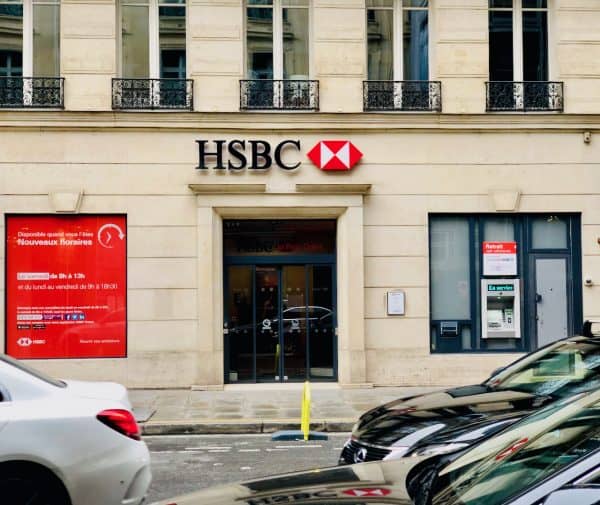Dwayne Gefferie, a strategist helping payments companies with scaling operations, has commented on why he thinks UK Fintech Wise (LSE:WISE) and Revolut need to take HSBC‘s new initiative seriously.
According to Gefferie, if HSBC‘s announcement of their new venture Zing teaches us anything, it is “that no one is safe, no matter how big you think your moat is.”
Gefferie pointed out that during the past decade, the United Kingdom has been the “breeding ground” for the majority of “successful” Fintechs, including Wise, Revolut, Monzo Bank, Starling Bank, GoCardless, among others.
Oftentimes, such initiatives are “ridiculed” by the larger banks or those who have been working in Canary Wharf as little startups who will end up being bought by the bigger guys once they have burned through the capital they have raised.
But sometimes, Gefferie says that startups actually make it and can become “a thorn in the side of established banking society, so much so that they have to fight back.”
He claims that the same is the case with Zing, an HSBC venture that is set to debut as an international payments app, directly challenging “the dominance of Fintechs like Revolut and Wise, who have grown to have tens of millions of accounts now, and grown globally.”
But if we look at other industries, we can easily come up with examples of incumbents “trying to fight back against the startups, to only end up losing.”
Eastman Kodak Company, which was the biggest photo company in the world, caught on too late “when digital cameras cannibalized their business, which led to their downfall.”
He continued by noting that Blockbuster was the leading video rental chain before Netflix “offered DVD-by-mail, and by the time Blockbuster pivoted, Netflix was already focused on Streaming, which led to Blockbuster going out of business.”
He then asked, So why would HSBC still “try to compete instead of just buying them outright?”
According to his assessment/analysis, the short answer: Leverage.
HSBC is doing the same.
Their global infrastructure and network “provide them with insights into global processing volume which is an order of magnitude bigger than the startups it will be competing against.”
But they also reportedly “have 39 million users globally, spread over 62 countries, to which they can promote their new service directly.”
He concluded:
“By narrowing its focus to the UK first, a market that has proved itself to have consumers willing to try out new financial products, with a demographic who frequently travels to places that require FX services and who are tech savvy, HSBC stands a strong case of making this venture into a ‘success.’ Of course, you can have all the leverage in the world, but if you cannot execute it correctly, you can still lose. But seeing the size of the opportunity, HSBC’s determination to stay relevant in the minds of consumers, and the potential profit margin in the FX space, I think Wise and Revolut will have a hard time defending themselves.”
Although HSBC might have more resources at its disposal when it comes to supporting certain types of financial transactions, brand recognition and trust are a huge deal in the Fintech space and other industries.
While Revolut has faced its own share of challenges over the years, including its struggle to acquire a UK banking license, the progressive Fintech has grown into a globally-recognized business that’s valued north of $30 billion at the time of writing.
Revolut’s business model is focused on high-growth and scalability. The company is also making significant investments into its growth operations, while keeping an eye on achieving profitability. Meanwhile, UK Fintech Wise has emerged as a highly successful and profitable firm that has helped businesses and other entities with completing cross-border transactions in a frictionless and affordable manner.
Any new product needs to earn its trust and build its own reputation in the increasingly competitive global market. As covered, UK’s Atlantic Money has also emerged as a Wise and Revolut competitor. But it would be too early / premature to conclude that a relatively new initiative can claim to easily replace existing companies who are offering reliable services for many years now.


